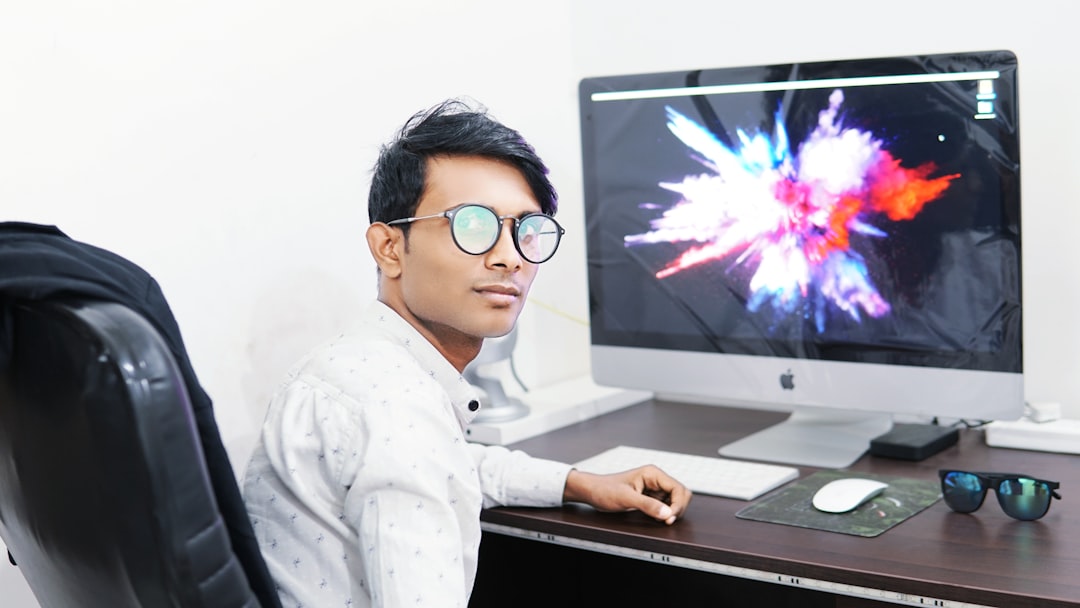When it comes to reverse image search, most people immediately think of Google Images. While Google’s tool is undeniably powerful, a new generation of AI-powered reverse image search tools are pushing the boundaries of what’s possible. These tools go far beyond simply matching pixels — they utilize deep learning, pattern recognition, and massive databases to offer results that are more accurate, detailed, and contextually rich.
Whether you’re a photographer looking to track down copyright violations, a shopper searching for similar fashion, or a researcher uncovering image origins, these AI tools provide more refined ways to conduct image-based discovery. Below are 10 standout reverse image search tools that outperform Google in specific and significant ways.

1. TinEye
TinEye was one of the first reverse image search engines and remains a favorite among professionals. Its AI-driven engine can track image use across the web, identify modified copies, and even find older versions of an image.
Best for: Copyright tracking and verification.
2. PimEyes
PimEyes specializes in facial recognition. Upload a portrait, and it will detect appearances across the internet using advanced biometrics-based AI. What makes it unique is its precision in identifying various angles, lighting variations, and even partial facial obscuration.
Best for: Personal privacy checks and online identity tracking.
3. Berify
Berify is like Google Alerts for image use. It combines image matching AI with web crawling to continuously search for image use beyond the initial query. It also integrates with photo platforms and supports video frame detection.
Best for: Professional photographers and content creators.
4. Yandex Images
Don’t underestimate Russia’s leading search engine. Yandex Images often identifies images and locations (even obscure ones) better than Google, particularly for Eastern European and Asian content. Its AI is excellent at understanding context and landscape recognition.
Best for: International searches and geographic image origin.
5. Microsoft Bing Visual Search
Bing Visual Search has improved dramatically in recent years. The engine now uses AI to extract objects from images and match them with shopping links, related content, and subparts of the image — without needing the whole picture.
Best for: E-commerce and object-based search.
6. Social Catfish
With a focus on identity verification, Social Catfish utilizes facial recognition AI to trace dating profiles and social media accounts, making it effective in detecting catfishing and impersonation scams.
Best for: Personal security and online dating verification.
7. SauceNAO
SauceNAO is a must-know tool for anyone working with anime, manga, or fan art. Using specialized AI databases, it can identify obscure references and origin sources that most reverse tools miss.
Best for: Anime, fan art, and niche creative work discovery.
8. Image Raider
Image Raider is designed for bulk image reverse searches. It’s useful for tracking content across multiple web platforms simultaneously by integrating various search engines into one streamlined interface.
Best for: Agencies managing large creative portfolios.
9. Google Lens
Although part of the Google ecosystem, Google Lens deserves its own spotlight. Unlike traditional reverse image search, Lens uses on-device AI to instantly analyze and interpret image content in real-time, making it perfect for mobile applications.
Best for: Instant recognition, text translation, and contextual search on the go.
10. Karma Decay
Targeting Reddit in particular, Karma Decay helps users detect reposts and the image history within Reddit threads. Its AI is tailored to understand Reddit’s unique content formats and image-handling mechanisms.
Best for: Reddit users and meme research.
Why These Tools Matter
As the internet grows more visual, our need for intelligent visual discovery tools grows with it. Whether it’s tracking where your content is used, verifying the source of an image, or discovering related concepts, these AI-powered tools offer capabilities that traditional search engines, including Google, often miss.
Harnessing AI allows these platforms to go beyond simple pattern matching — they understand context, recognize faces and emotions, and interpret objects and scenes in ways that mimic human perception. This evolution is not only impressive — it’s essential for professionals, creatives, and security-conscious users alike.
In conclusion, AI-powered reverse image search has truly come of age, offering more precision, personalization, and power. As innovation continues, the gap between these specialized tools and traditional search methods will only widen. So next time you want to find that mystery artist or identify where your photos are showing up — don’t limit yourself to Google. Try these AI solutions and experience the next level of visual search.











